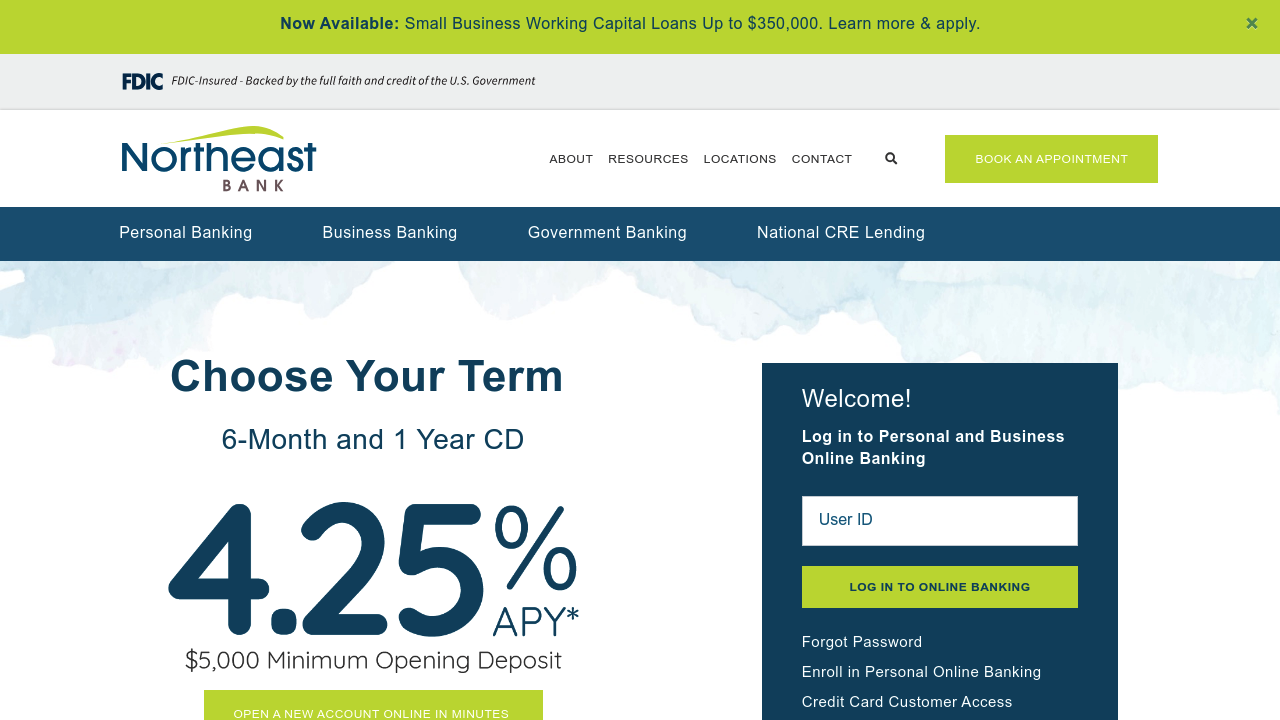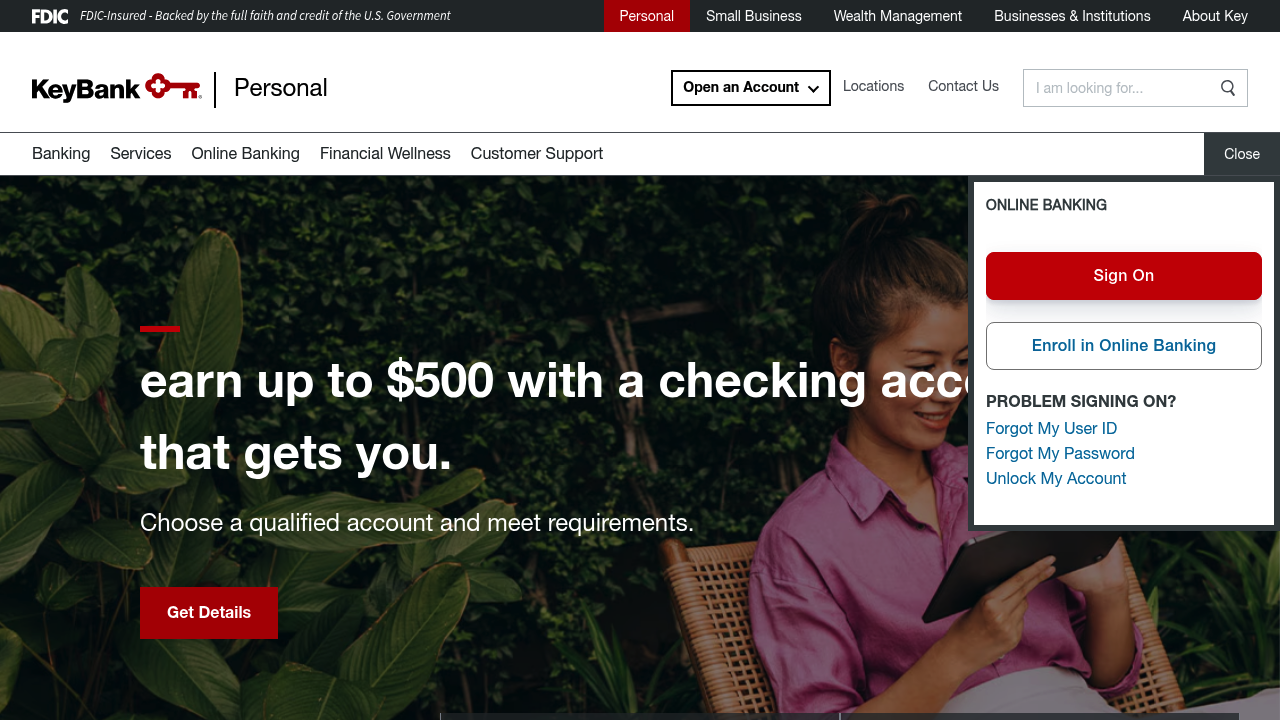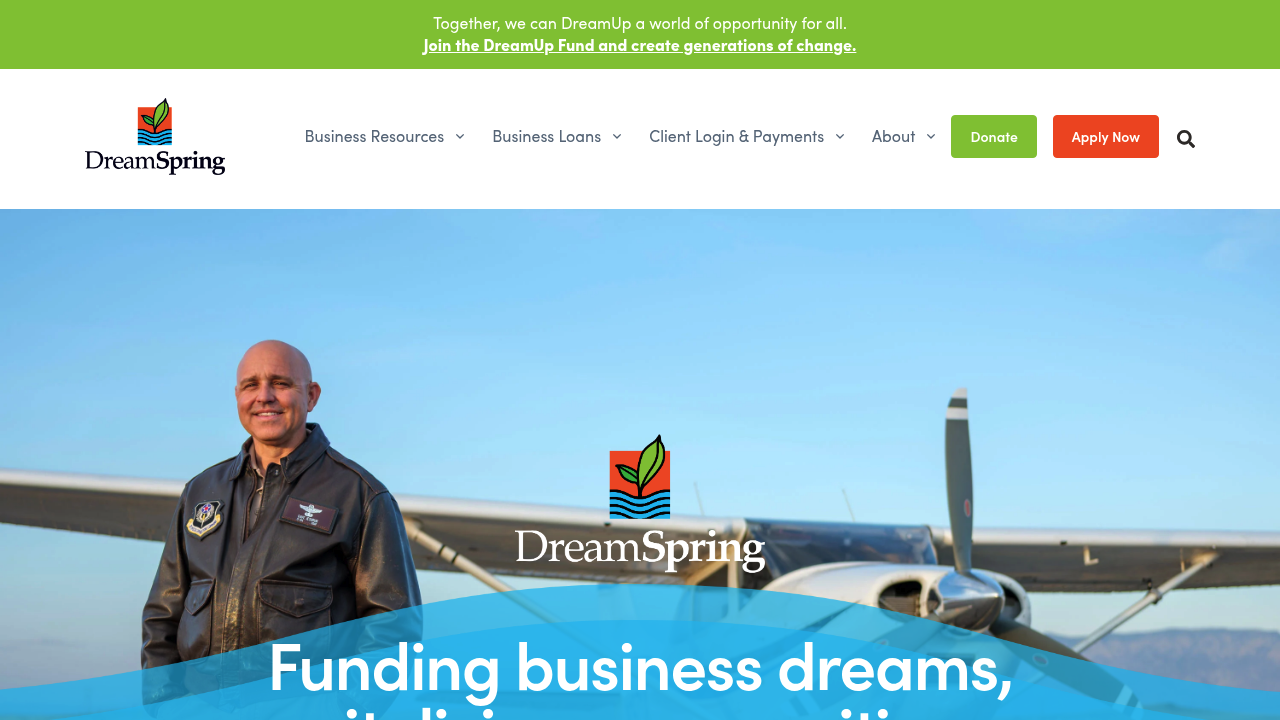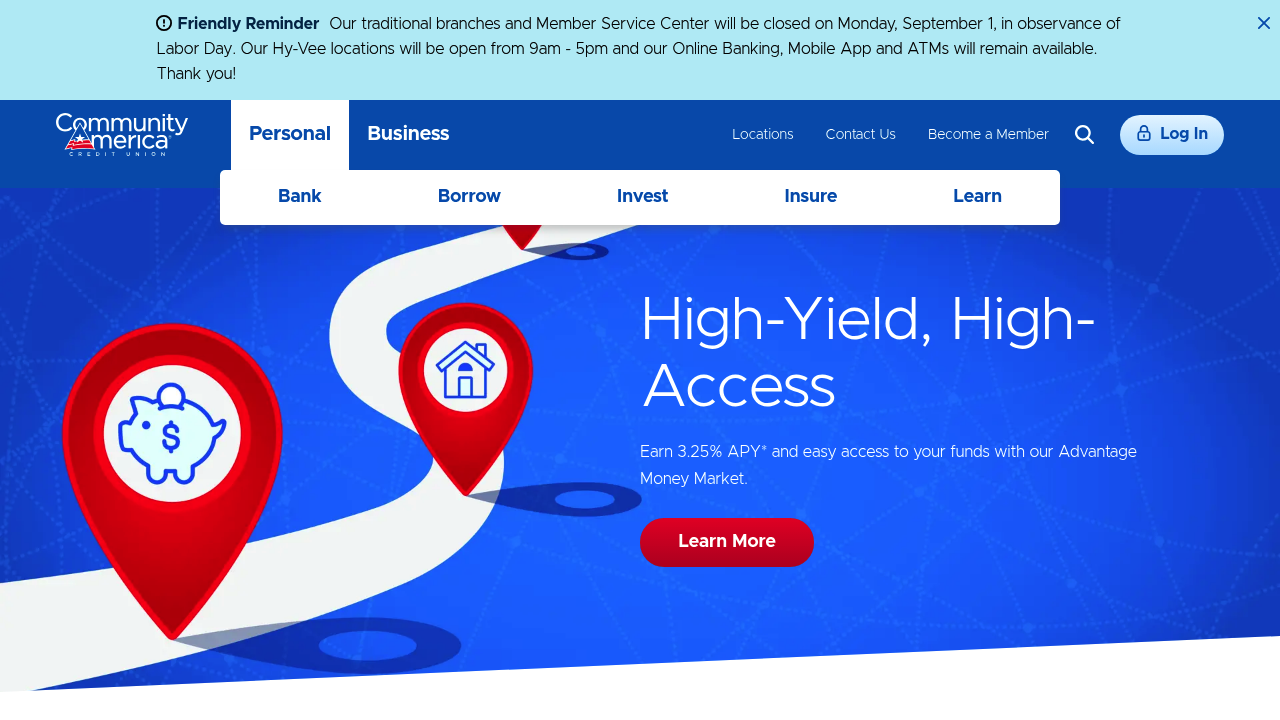All Other Miscellaneous Food Manufacturing
311999
SBA Loans for All Other Miscellaneous Food Manufacturing: Financing Niche Food Producers
Introduction
All Other Miscellaneous Food Manufacturing businesses produce a wide variety of food products that don’t fall under standard categories like bakeries, dairy, or meat processing. Classified under NAICS 311999 – All Other Miscellaneous Food Manufacturing, this industry includes makers of snacks, specialty health foods, ethnic food products, spices, and unique food items that fuel innovation in the U.S. food sector.
Although demand for specialty and niche foods is strong, small manufacturers face steep challenges—ranging from high ingredient costs to compliance with FDA regulations. Traditional banks often hesitate to lend to small food businesses because of seasonality, risk of spoilage, or limited collateral. That’s where SBA Loans for All Other Miscellaneous Food Manufacturing can help. Backed by the U.S. Small Business Administration, SBA loans provide affordable financing with longer repayment terms and lower down payments to support growth, expansion, and stability in this dynamic industry.
Industry Overview: NAICS 311999
NAICS 311999 – All Other Miscellaneous Food Manufacturing covers companies producing diverse food products such as roasted nuts, specialty syrups, ethnic foods, snack mixes, dehydrated foods, and other niche products. These manufacturers often serve grocery chains, restaurants, and direct-to-consumer markets through farmers markets or e-commerce.
The industry plays an important role in consumer choice and innovation, meeting demand for healthier, organic, or culturally diverse food options. However, growth requires significant investments in production equipment, quality control, packaging, and marketing—expenses that small businesses struggle to finance without support.
Common Pain Points in Food Manufacturing Financing
From Reddit small business and food startup threads, Quora discussions, and food entrepreneur forums, several financial struggles consistently come up:
- High Startup Costs – Commercial kitchens, production lines, and packaging equipment require significant upfront investment.
- Compliance Expenses – FDA, USDA, and health department regulations demand ongoing testing, certifications, and audits.
- Cash Flow Gaps – Retailers and distributors often pay on 30–90 day terms, leaving small manufacturers strapped for working capital.
- Ingredient & Packaging Costs – Fluctuating commodity prices, supply chain issues, and eco-friendly packaging trends increase expenses.
- Bank Loan Rejections – Many lenders view small food producers as risky due to perishable inventory and limited collateral.
How SBA Loans Help Food Manufacturers
SBA financing provides flexible capital solutions for equipment, inventory, marketing, and expansion. Here’s how different SBA programs can be applied:
SBA 7(a) Loan
- Best for: Working capital, equipment purchases, and business expansion.
- Loan size: Up to $5 million.
- Why it helps: Covers ingredient sourcing, payroll, packaging upgrades, and product line expansion.
SBA 504 Loan
- Best for: Real estate and large equipment.
- Loan size: Up to $5.5 million.
- Why it helps: Ideal for purchasing manufacturing facilities, warehouses, or high-capacity processing equipment.
SBA Microloans
- Best for: Startups and small-scale improvements.
- Loan size: Up to $50,000.
- Why it helps: Supports new product launches, branding, farmers market operations, or kitchen rentals.
SBA Disaster Loans
- Best for: Recovery from natural disasters or economic shocks.
- Loan size: Up to $2 million.
- Why it helps: Provides recovery capital if storms, fires, or supply chain disruptions impact production.
Step-by-Step Guide to Getting an SBA Loan
- Check Eligibility – Must be a U.S.-based, for-profit business with repayment ability. Credit scores of 650–680+ are often required.
- Prepare Financial Documents – Include tax returns, production costs, distributor contracts, and cash flow statements.
- Find an SBA-Approved Lender – Seek lenders experienced in food and beverage businesses.
- Submit the Application – Outline how the loan will improve production, expand distribution, or stabilize cash flow.
- Approval & Funding – With SBA guarantees, approvals usually take 30–90 days.
FAQ: SBA Loans for All Other Miscellaneous Food Manufacturing
Why do traditional banks reject food manufacturing loan applications?
Perishable inventory, compliance costs, and cash flow instability make lenders cautious. SBA guarantees reduce lender risk and improve approval chances.
Can SBA loans cover commercial kitchen and equipment purchases?
Yes. SBA 7(a) and 504 loans can finance production lines, ovens, dehydrators, packaging equipment, and other specialized tools.
What down payment is required?
SBA loans typically require 10–20%, less than the 25–30% common with traditional loans.
Can startups in the food manufacturing sector qualify?
Yes, but they need a strong business plan, industry experience, and realistic sales forecasts to secure approval.
Can SBA loans support branding and marketing?
Absolutely. SBA loans can fund marketing campaigns, packaging design, and e-commerce expansion to reach new customers.
Final Thoughts
All Other Miscellaneous Food Manufacturing (NAICS 311999) businesses drive innovation in the U.S. food industry by producing unique and diverse products. But high startup costs, compliance expenses, and cash flow challenges make financing difficult. SBA Loans for All Other Miscellaneous Food Manufacturing provide the capital these businesses need to expand production, modernize facilities, and compete in a crowded market.
Whether you’re launching a specialty snack brand, scaling a health food product, or expanding into new distribution channels, SBA financing can help turn your growth plans into reality.
Filters
Tags
#Preferred Lenders Program
#SBA Express Program
#Existing or more than 2 years old
#Startup
#Loan Funds will Open Business
#Change of Ownership
#New Business or 2 years or less
#7a General
#Variable Rates
#Fixed Rates
#Asset Base Working Capital Line (CAPLine)
#International Trade Loans
#Export Express
#7a with WCP
#Contract Loan Line of Credit (CAPLine)
#7a with EWCP
#Preferred Lenders with WCP
#Preferred Lenders with EWCP
#Seasonal Line of Credit (CAPLine)
#Builders Line of Credit (CAPLine)









